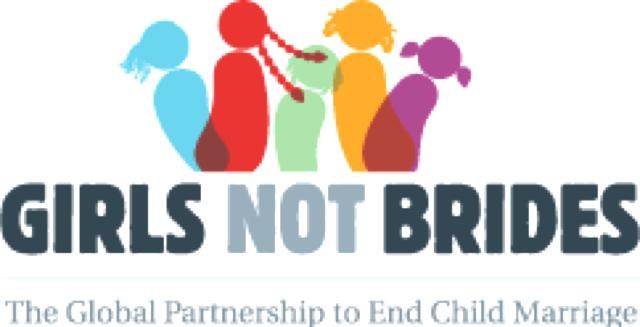A new multi-country initiative to accelerate action to end child marriage will help protect the rights of millions of the world’s most vulnerable girls.
The initiative was announced by UNICEF and UNFPA on International Women’s Day.
The Global Program to Accelerate Action to End Child Marriage will involve families, communities, governments and young people. This is part of a global effort to prevent girls from marrying too young and to also support those already married as girls in countries across Africa, Asia and the Middle East where child marriage rates are high.
“Choosing when and whom to marry is one of life’s most important decisions. Child marriage denies millions of girls this choice each year,” said Dr. Babatunde Osotimehin, executive director of UNFPA, the United Nations Population Fund.
“As part of this global program, we will work with governments of countries with a high prevalence of child marriage to uphold the rights of adolescent girls, so that girls can reach their potential and countries can attain their social and economic development goals.”
The global program will focus on five proven strategies, including increasing girls’ access to education, educating parents and communities on the dangers of child marriage, increasing economic support to families, and strengthening and enforcing laws that establish 18 as the minimum age of marriage.
“The world has awakened to the damage child marriage causes to individual girls, to their future children, and to their societies,” said Anthony Lake, executive director of UNICEF.
“This new global program will help drive action to reach the girls at greatest risk — and help more girls and young women realize their right to dictate their own destinies. This is critical now because if current trends continue, the number of girls and women married as children will reach nearly one billion by 2030, which is one billion childhoods lost, one billion futures blighted.”
Child marriage is a violation of the rights of girls and women. Girls who are married as children are more likely to be out of school, suffer domestic violence, contract HIV/AIDS and die due to complications during pregnancy and childbirth.
Child marriage also hurts economies and leads to intergenerational cycles of poverty.
The global community demonstrated strong commitment to end child marriage by including a target on eliminating it and other harmful practices in the Sustainable Development Goals. UNICEF and UNFPA call on governments and partner organizations to support the new Global Program to help eliminate child marriage by 2030.
The UNFPA-UNICEF Global Program to Accelerate Action to End Child Marriage is being supported by Canada, the European Union, Italy, Netherlands, and the UK.
International Women’s Day is a time to reflect on progress made, to call for change and to celebrate acts of courage and determination by ordinary women who have played an extraordinary role in the history of their countries and communities.
The 2016 theme for International Women’s Day was “Planet 50-50 by 2030: Step It Up for Gender Equality”.
The idea of this theme is to consider how to accelerate the 2030 Agenda, building momentum for the effective implementation of the new Sustainable Development Goals, especially the goal to achieve gender equality and empower all women and girls; and number.
It is also important to ensure inclusive and quality education for all and promote lifelong learning. The theme will also focus on new commitments under UN Women’s Step It Up initiative, and other existing commitments on gender equality, women’s empowerment and women’s human rights.




